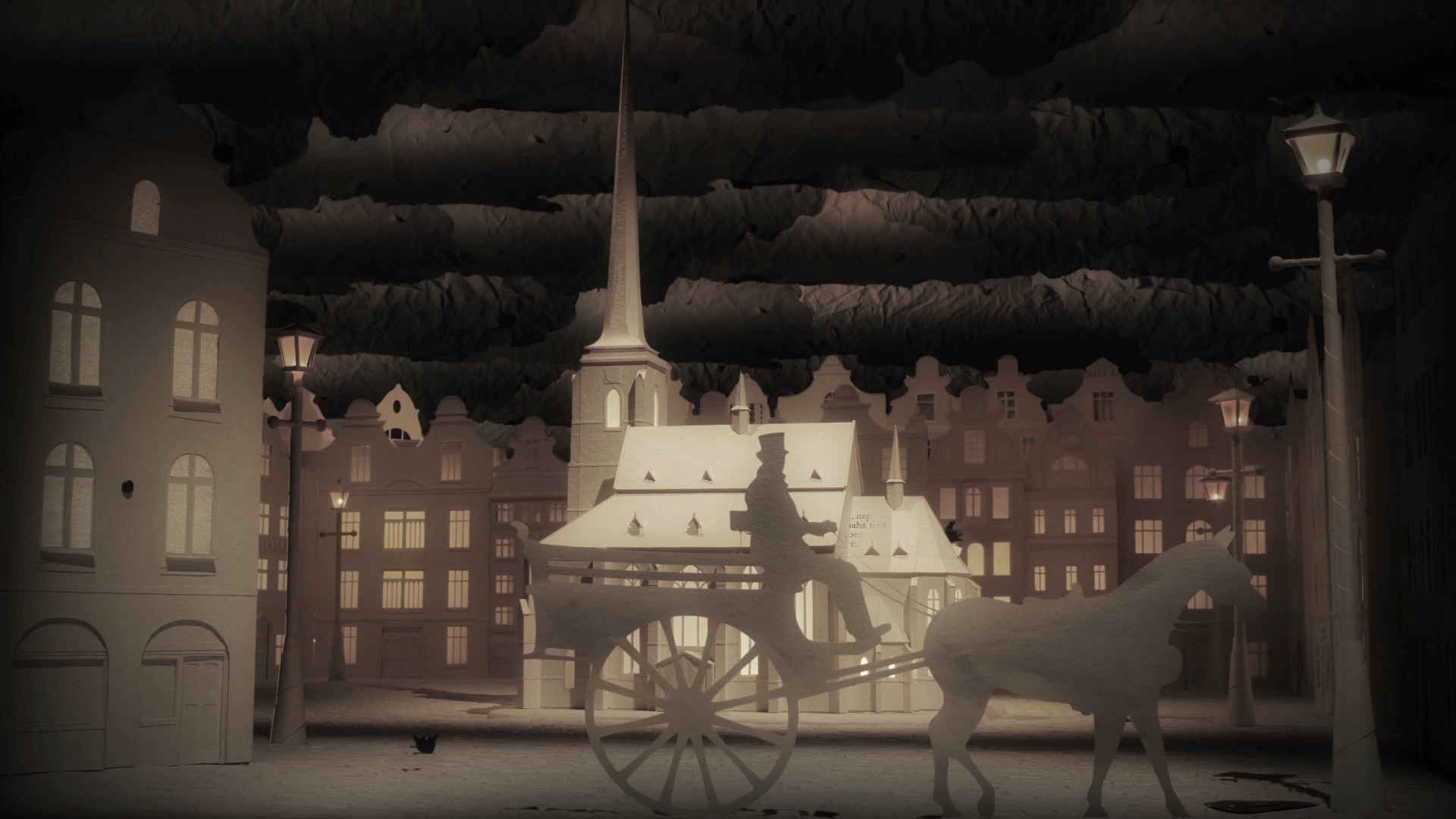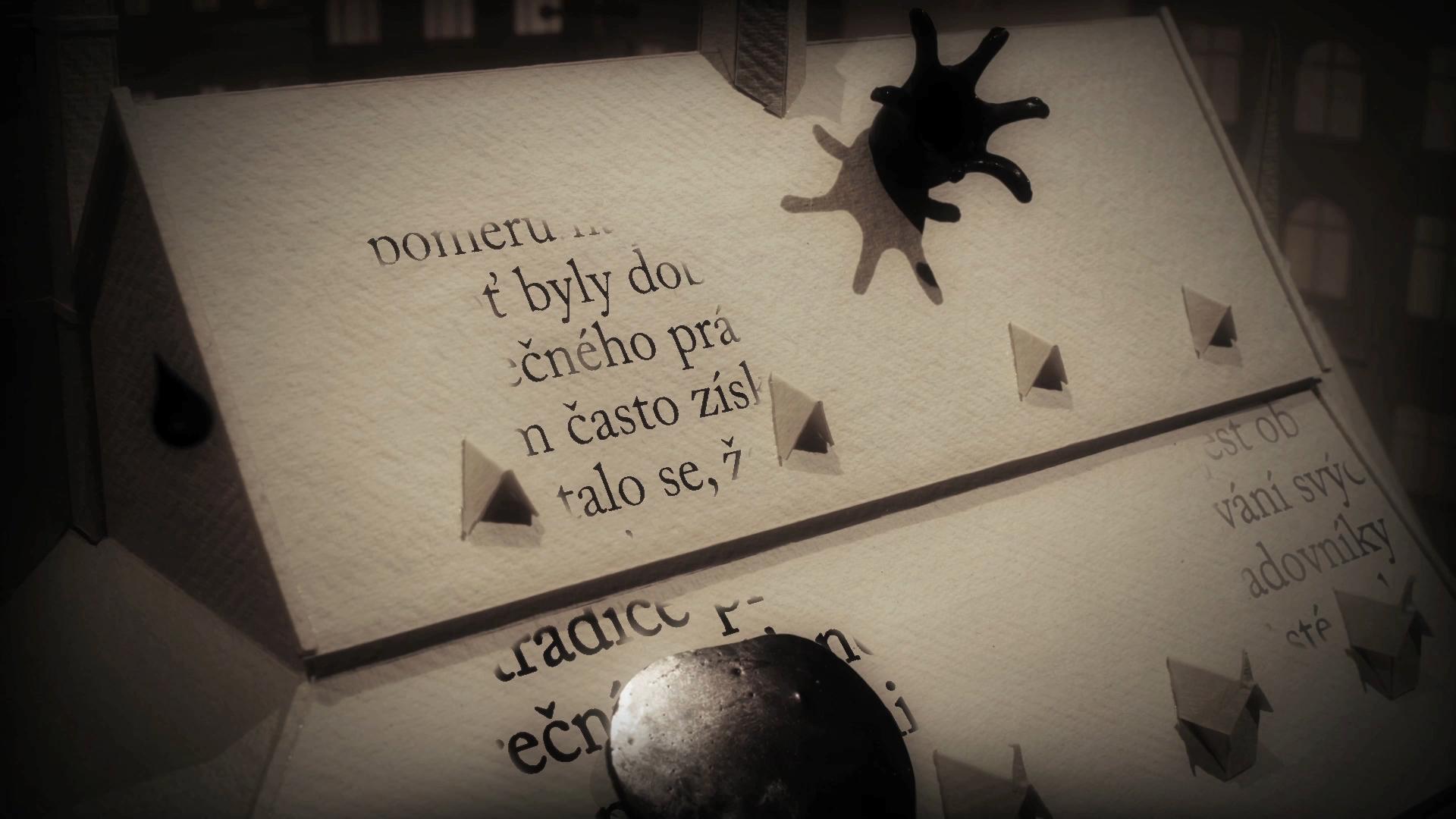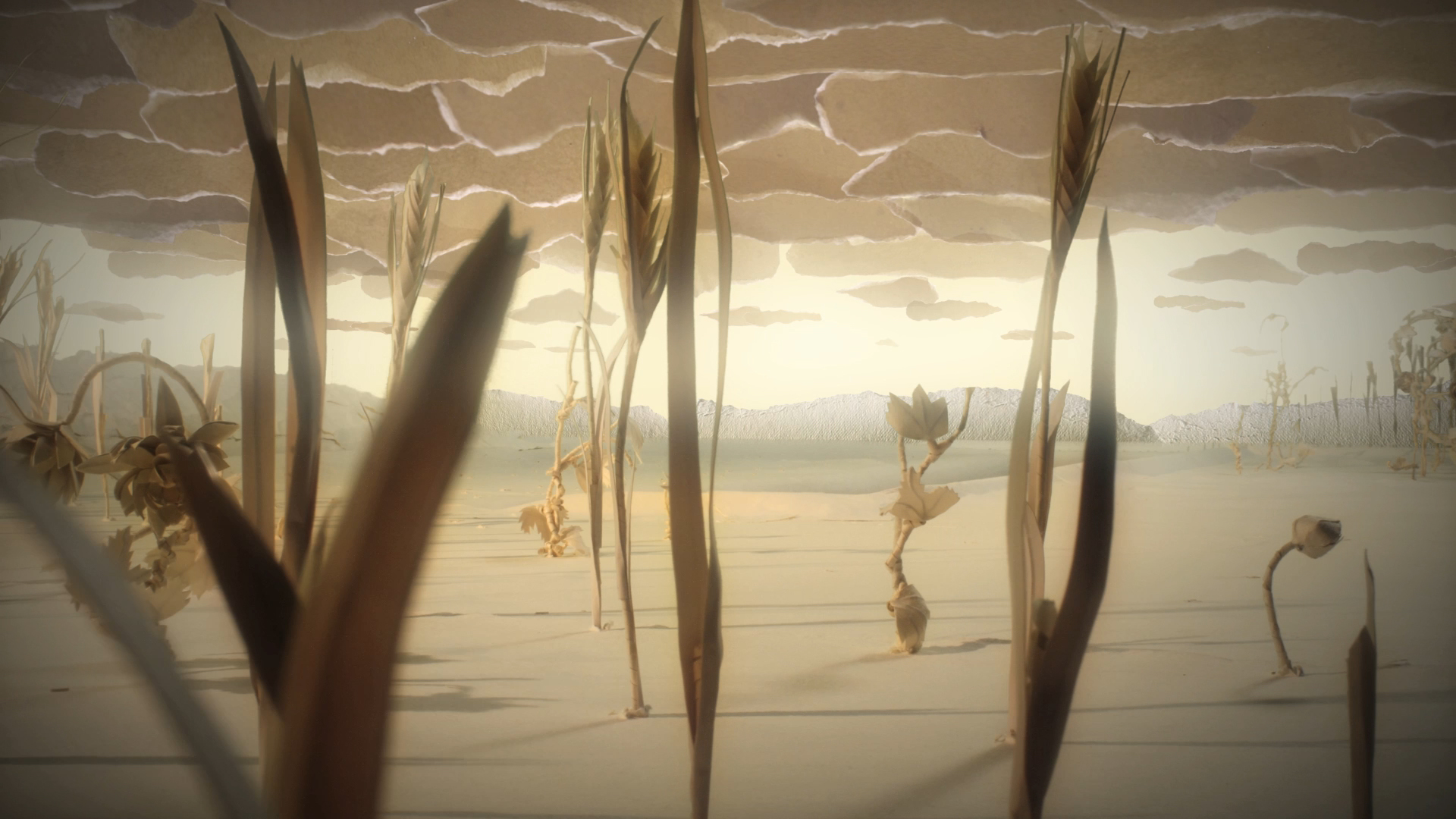Chris hires in a regular pool of freelancers as needed on a project by project basis. In early 2014 he will be taking on two part time staff.
The main studio is equipped with digital SLR cameras, 6 channel lighting rig plus motion control capability. There is a workshop with machine tools and molding/casting equipment and the design studio has a rostrum camera, smaller model studio, and computers for editing and compositing, although some CG, compositing and clean-up work is done remotely outside of the studio.
Chris studied Film, Video and Photography at the University of Westminster, graduating in 1997. He fell into animation by happenstance whilst working in television and has been a committed animator ever since.
Second Home Studios specialises in stop motion animation, although they have also done CG and hand drawn work/digital 2D work. The studio works across artistic and commercial commissions including: film production, online campaigns, music videos, TV commercials, title sequences, broadcast promotions, idents, theatrical projection design and puppetry. Much of the work comes from word of mouth recommendation. They received a BAFTA Children nomination for The Mechanical Musical Marvel (Birmingham Symphony Hall) and a British Animation Awards Public Choice prize for Best Commercial for Pilsner Urquell ‘Legends’.
Their last short, The Animal Book was made in 2006, through the Digital Shorts Scheme, but they have struggled to find appropriate funding opportunities since. Chris also co-created an interactive app with voice actor/producer Marc Silk, Globbert, It was entirely self-funded, and involved a number of freelancers. Although Chris learnt a lot from this process, it remains to be seen if this model will bring in the desired level of income.
STATE OF PLAY
Chris would like to see a new funding platform with flexible and realistic budgets and an effective production model for animation. An ideal platform would cater for the development and production of short-films (narrative and experimental), series pilots, short form, interactive or ‘new narrative’ forms of expression such as on mobile devices. Schemes that are open minded towards creative symbiosis between other art forms such as music, graphic novels or sculpture might also proliferate animation in different ways. He would like to see schemes that are not age restricted, that are judged by a panel with good experience of animation and offer a budget which genuinely supports companies to develop industrially and enable staff involved in making the films to be paid at a realistic rate. Previous schemes have relied on a lot of goodwill to get films completed; budgets should be on a sliding scale as different techniques of animation and different lengths of films cost different amounts.
There are more film festivals, which offer great opportunities to get your work shown, and a great boost when you receive recognition for your work. Winning a British Animation Award, in particular, has been good for the studio, leading to work being considered by Annecy and other leading festivals. The Mechanical Musical Marvel and The Animal Book have also travelled remarkably well.
The proliferation of the internet has been great, but can be rather distracting. It’s great for visual reference and he particularly likes Vimeo as a place to show work, but it hasn’t generated specific opportunities for his work.
“I wish I’d known how to animate! I taught myself. I didn’t really take it seriously until I landed a job that gave me the chance to experiment with animation. It would have made life a lot easier rather than learning on the job, if I had I understood the basic principles better before I started. But then if I had studied animation, I might not have ended up practicing it!”
“Don’t always believe what you are told, or where you are pushed at University.”
Image: Pilsen town square made in paper from Pilsner Urquell ‘Legends’, Second Home Studios (2012)





